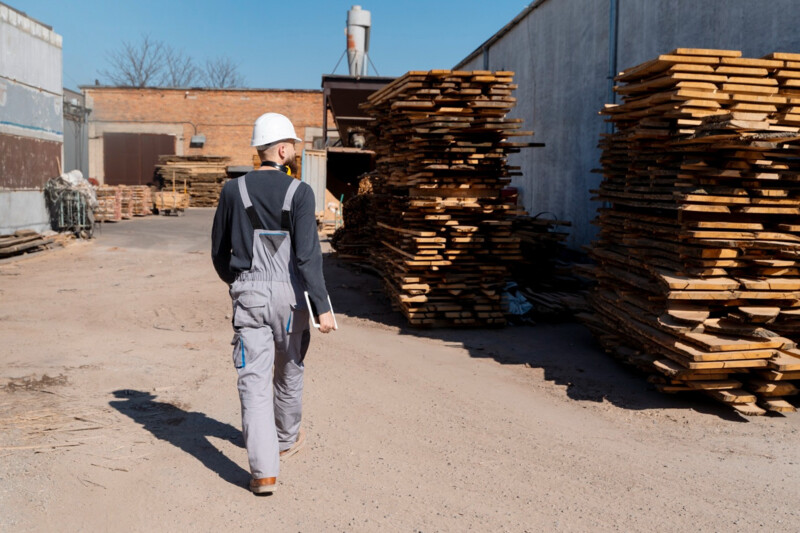Dans un arrêt du 19 juin, la Cour de cassation a réaffirmé l'importance de l'obligation de sécurité qui incombe au vendeur, en insistant sur la prise en compte des conditions de transport des produits vendus. Concrètement, cela signifie que le vendeur doit non seulement fournir des informations précises sur les caractéristiques du produit, mais aussi conseiller son client sur les meilleures pratiques de chargement et de transport, en tenant compte des risques éventuels. Cet arrêt rappelle aux vendeurs leur responsabilité d'assurer la sécurité du produit jusqu'à sa livraison finale.
Une obligation d’information et de conseil
Dans cette affaire, des particuliers avaient commandé des planches de bois auprès d’une société spécialisée. Celle-ci les avait aidés à charger les articles dans la remorque de leur véhicule. Après avoir quitté les locaux de l’entreprise, les acquéreurs avaient percuté un autre véhicule dans une descente, provoquant le décès des deux conducteurs.
Leurs proches ont fait assigner la société venderesse en responsabilité et indemnisation, invoquant un manquement à son obligation de sécurité, d’information et de mise en garde.
En appel, la cour a fait droit à la demande initiée par chacun des demandeurs, considérant que le vendeur n’avait pas bien informé les acquéreurs sur le poids total des planches. Elle a donc reconnu que la société n’avait pas respecté l’obligation d’information et de conseil inhérente au contrat de vente conclu. Suite à cette annonce, l’entreprise a formé un pourvoi en cassation reprochant à ce raisonnement un défaut de base légale.
Une obligation étendue au chargement du produit vendu
En l’espèce, le vendeur s’est opposé au verdict rendu par la cour d’appel. En effet, il affirme que « la vente emporte transfert de la chose achetée du vendeur par l’acquéreur » et que « l’obligation du vendeur ne s’étend pas au chargement du produit vendu, lequel est effectué sous la responsabilité de l’acheteur ». La société souligne par ailleurs qu’aucun contrat de prestation de services n’avait été conclu avec les acquéreurs pour effectuer ce chargement.
Dans son arrêt du 19 juin 2024, la Cour de cassation retient que l’acquéreur, simple consommateur profane, n’avait pas été informé du poids total des planches transportées. Cette information n’avait pas été communiquée par le préposé qui l’ignorait, ni mentionnée dans les factures. Compte tenu de ces éléments, la haute juridiction judiciaire conclut que la société venderesse a méconnu l’obligation d’information et de conseil liée au contrat de vente.
Ainsi, la Cour de cassation confirme l’arrêt d’appel et intègre le chargement du produit dans l’obligation de sécurité du vendeur dès lors que celui-ci comprend des conditions « prévisibles » de transport pour un particulier. L’accident de voiture dont ont été victimes les acquéreurs est dû exclusivement à la surcharge de la remorque. Par conséquent, la société en est entièrement responsable.
Après avoir rejeté le pourvoi formé par la société venderesse, la Cour de cassation l’a condamnée à payer aux proches des victimes via son compte professionnel la somme globale de 3000 euros, conformément à l’article 700 du code de procédure civile.
